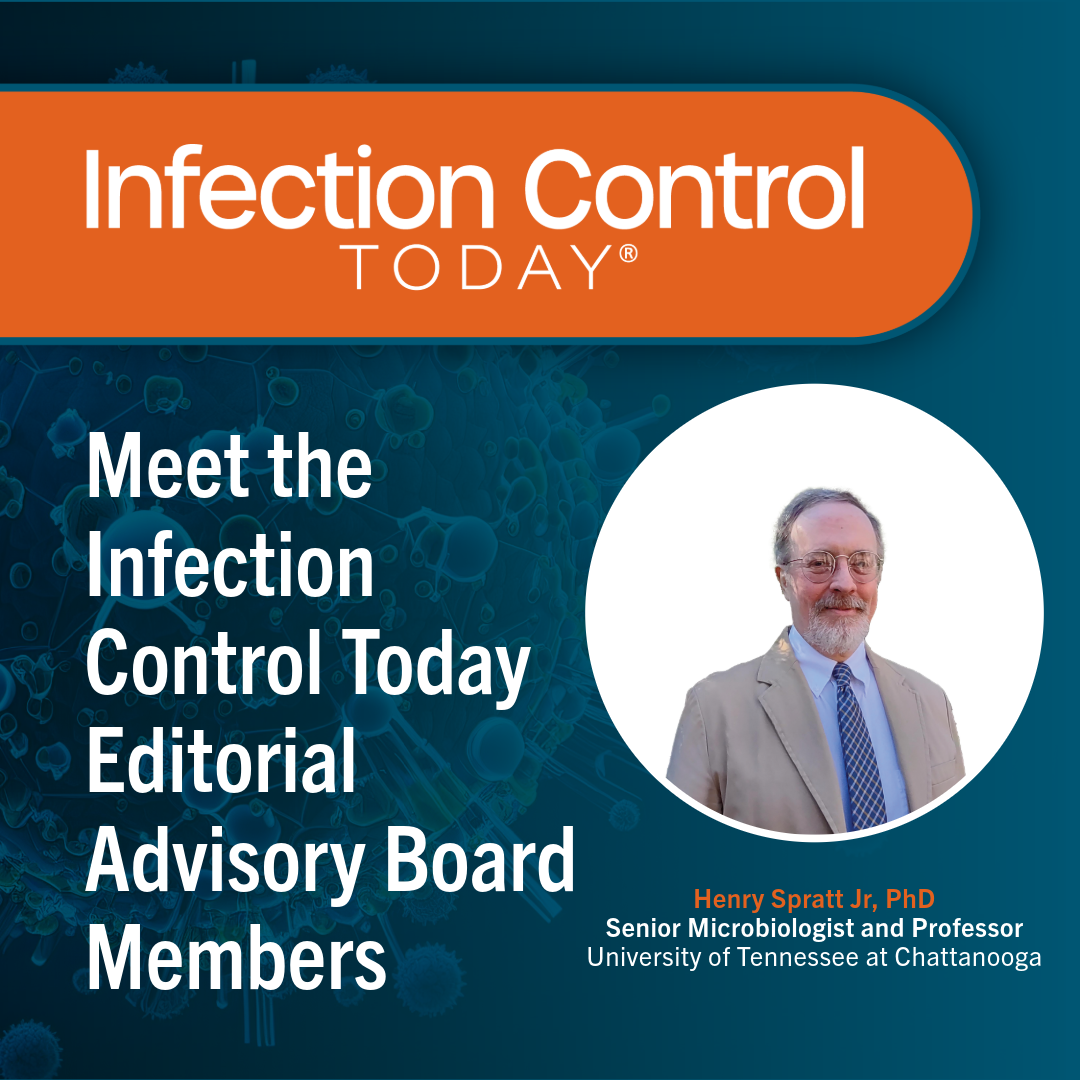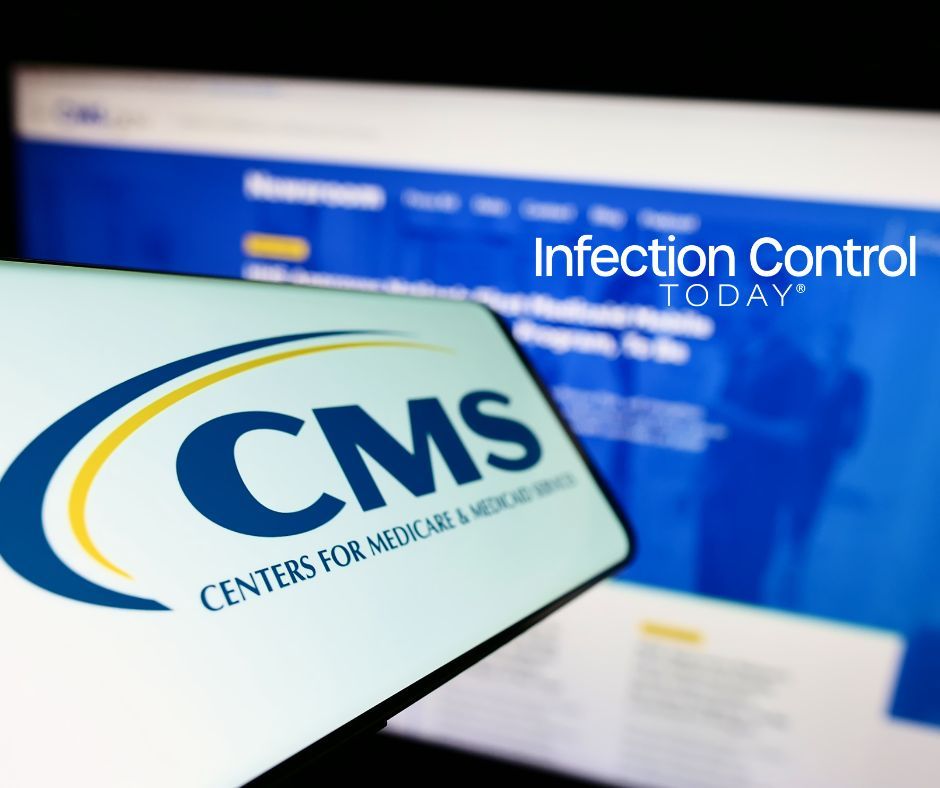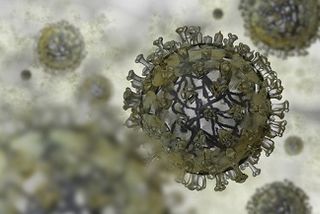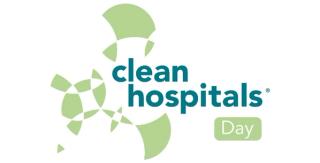
Personal Protective Equipment
Latest News

Latest Videos

CME Content
More News
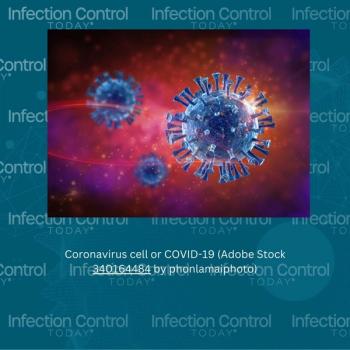
The WHO suggests changing terminology to better understand pathogen transmission through the air, emphasizing N95 mask use and improved ventilation.

The information health care workers need to know about the concerning infection trends among sex workers and how best to support and treat them.

Opinion: Kevin Kavanagh, MD, examines a summary of studies on how COVID-19 may damage the brain's frontal lobes, alter personality traits and cognitive functions, and potentially reshape society's dynamics.

A struggling infection preventionist seeks guidance on combatting monotony and finding fulfillment in their role amidst recurring challenges.
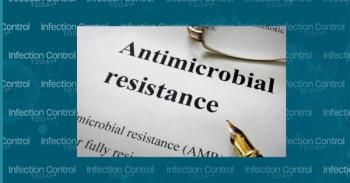
Discover strategies for advocating infection prevention programs to the C-suite, ensuring resources, leadership support, and impactful outcomes.
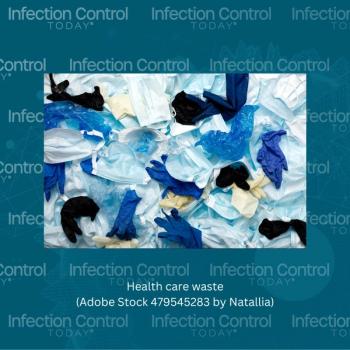
A JAMA study exposes the US healthcare system's staggering waste expenditure underlining challenges in managing diverse waste types and stringent regulations' compliance. What solutions are there?

Personal protective equipment (PPE) stands as the first line of defense against infectious diseases in health care. Yet, the issue of ill-fitting PPE, especially for women, remains a significant challenge.
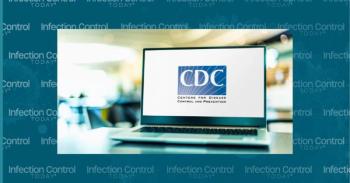
The CDC's recent decision to align recommendations for respiratory viruses, particularly COVID-19, has garnered support from the public and infectious disease societies. However, as the Infectious Diseases Society of America (IDSA) lends its backing to the CDC's harmonization efforts, concerns persist regarding the implications of this shift, especially considering the Omicron variant's unique characteristics and the ongoing challenges posed by COVID-19's multi-system impacts.
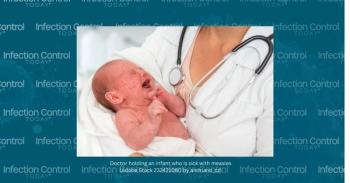
Ten cases of measles have been reported Florida alone. With measles transmission rates soaring, questions abound about how this latest case emerged, and why these numbers keep rising.

Step into the diverse and poignant world of "Corona City: Voices From an Epicenter" with editor Lorraine Ash, MA. In this insightful Q&A, learn about the origins of this remarkable anthology, the challenges faced in capturing raw, unfiltered narratives of the COVID-19 pandemic, and the lasting impact of these stories on readers and communities alike.
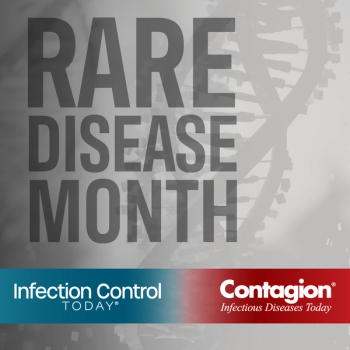
Rare Disease Day on February 29, 2024, shines a global light on the impact of rare diseases, including rare infectious diseases. With a focus on early diagnosis and treatment access, this day highlights the struggles of those with rare conditions.
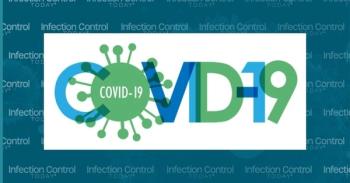
A recent commentary by Dr. Amesh Adalja in MedPage Today challenges the perception of COVID-19 as solely a respiratory virus, highlighting its broader impact on the body. This analysis questions the notion that COVID-19 should be managed like common respiratory infections, urging a closer look at vaccine effectiveness, the rise of long COVID, and the need for enhanced measures to curb the virus's spread. Let's explore the complexities of COVID-19 management and the pressing realities faced by the US and the world.

Eric D. Donnenfeld, MD, discusses 3 uncommon yet highly infectious eye diseases, emphasizing the importance of timely treatment and preventative measures.
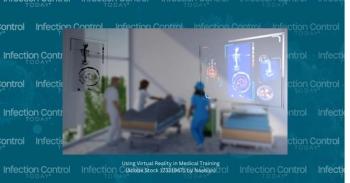
VR training is a game-changer in PPE skills for health care amidst COVID-19. Study shows superiority over traditional methods, revolutionizing safety education, according to a study published today.
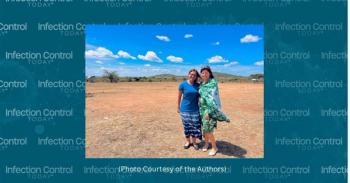
Infection preventionists Heather Saunders and Stephanie Mayoryk's journey to East Africa emphasizes the positive impact of infection prevention efforts in low-income countries. Despite challenges, their experience encourages IPs to engage globally, fostering hope and passion for providing excellent patient care.

CDC sends pathogen spread proposals for revision, raising concerns about potential harm and emphasizing the need for reevaluation.
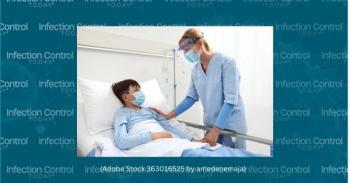
Pediatric health system discontinues MRSA contact precautions with sustained infection control success, supporting broader consideration while emphasizing horizontal prevention measures' importance.
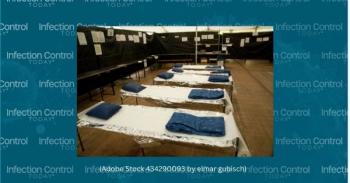
Due to the increasing frequency of natural disasters such as hurricanes, tornadoes, and forest fires, people living in temporary shelters have a higher risk of infection. To address the situation, APIC has created a guide for infection preventionists.
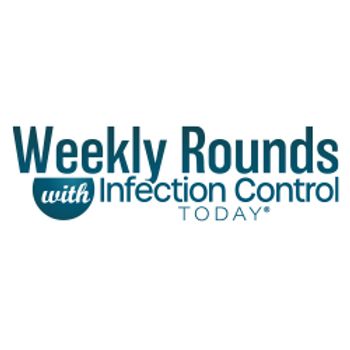
Take 5 minutes to catch up on Infection Control Today®’s highlights for the week ending January 14, 2024.
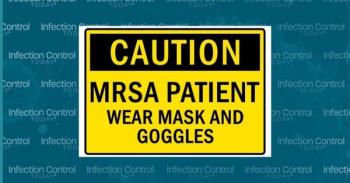
Society for Healthcare Epidemiology of America/Infectious Diseases Society of America/Association for Professionals in Infection Control and Epidemiology answer Diekema, et al, about MRSA prevention strategies.
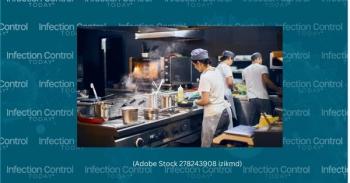
Hospital kitchens play a critical role in infection prevention, focusing on safe food handling from receiving to serving. Proper vetting of food vendors, temperature control, storage, and hygiene are essential to prevent contamination and ensure patient safety.
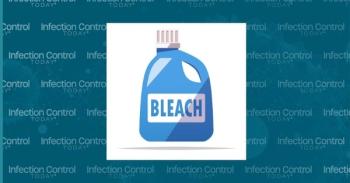
After pushback on social media, Tina Joshi, PhD, spoke with Infection Control Today to clarify and explain her study, her lifelong research, and what she hopes IPs and other IPC personnel can take from them.
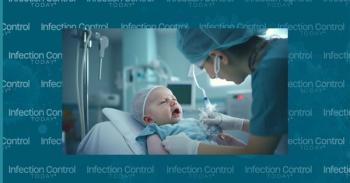
An interview with an infectious diseases expert on how respiratory syncytial virus (RSV) impacts populations, current treatments, and best methods for prevention.

Which of the various low and high-tech measures proposed to mitigate SARS-CoV-2 transmission, from hand hygiene to air cleaners, actually work? A new study gives practical tools for assessment and insights into their effectiveness.

A critical analysis questions the universal application of contact precautions (CP) for MRSA prevention, considering potential harms, environmental sustainability, and evidence-based alternatives.



